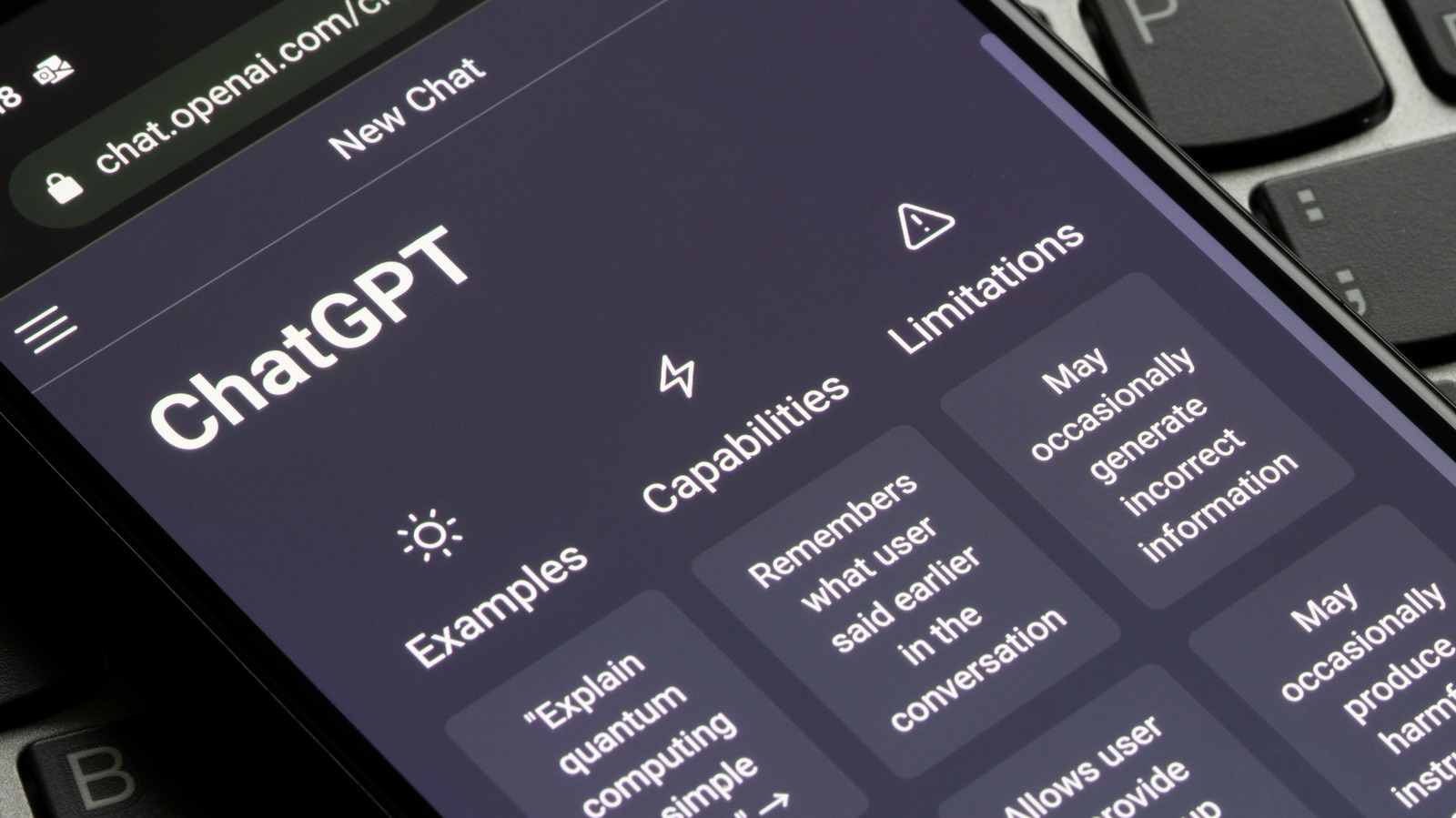
Besides being better at churning faster results, GPT-5 is expected to be more factually correct. In recent months, we have witnessed several instances of ChatGPT, Bing AI Chat, or Google Bard spitting up absolute hogwash — otherwise known as “hallucinations” in technical terms. This is because these models are trained with limited and outdated data sets. For instance, the free version of ChatGPT based on GPT-3.5 only has information up to June 2021 and may answer inaccurately when asked about events beyond that.
In comparison, GPT-4 has been trained with a broader set of data, which still dates back to September 2021. OpenAI noted subtle differences between GPT-4 and GPT-3.5 in casual conversations. GPT-4 also emerged more proficient in a multitude of tests, including Unform Bar Exam, LSAT, AP Calculus, etc. In addition, it outperformed GPT-3.5 machine learning benchmark tests in not just English but 23 other languages.
OpenAI claimed GPT-4 has much fewer hallucinations and performed 40% higher than GPT-3.5 in its “internal adversarial factuality evaluations.” GPT-4, moreover, has an 82% lower tendency to respond to “sensitive requests” or “disallowed content” such as self-harm or medical inquiries. Despite these, GPT-4 exhibits various biases, but OpenAI says it is improving existing systems to reflect common human values and learn from human input and feedback.
Eliminating incorrect responses from GPT-5 will be key to its wider adoption in the future, especially in critical fields like medicine and education.
Stay connected with us on social media platform for instant update click here to join our Twitter, & Facebook
We are now on Telegram. Click here to join our channel (@TechiUpdate) and stay updated with the latest Technology headlines.
For all the latest Entertainment News Click Here
